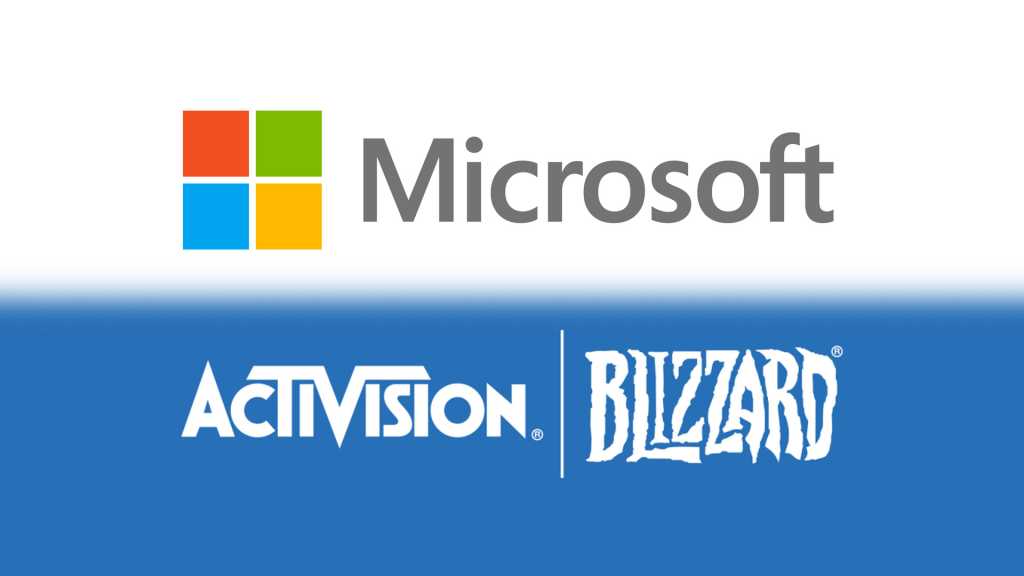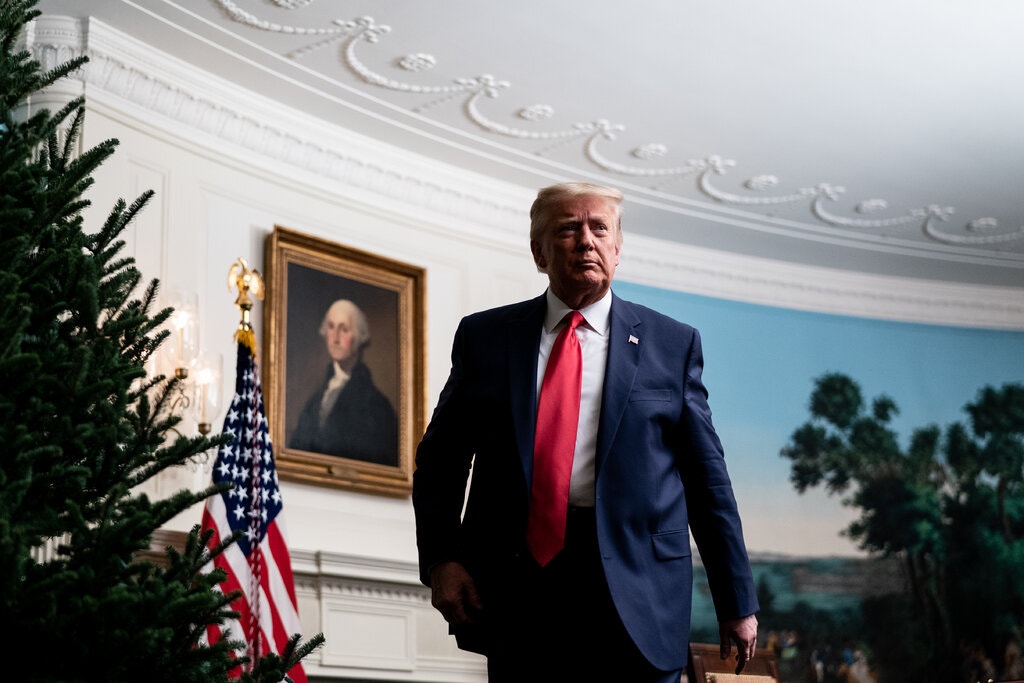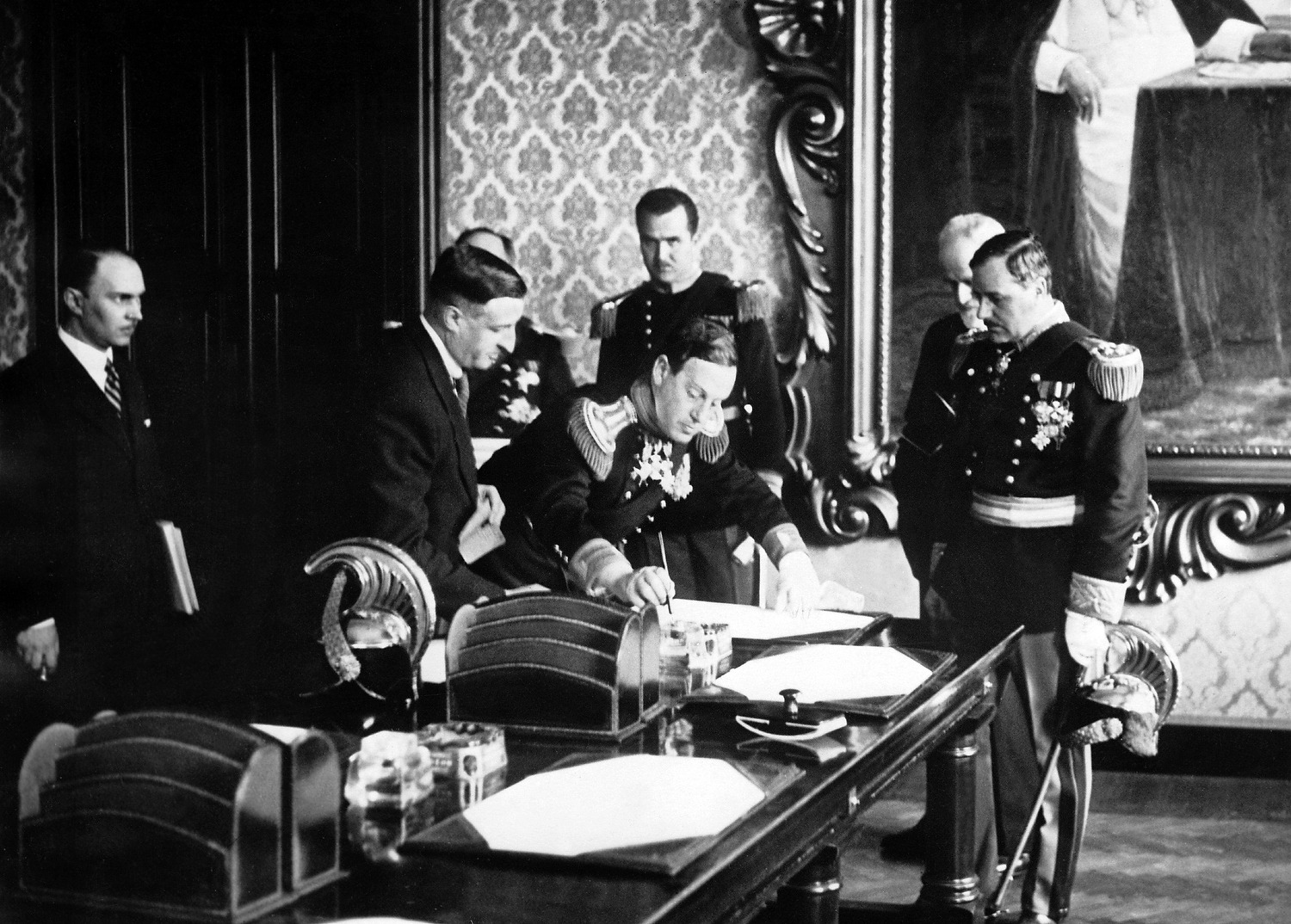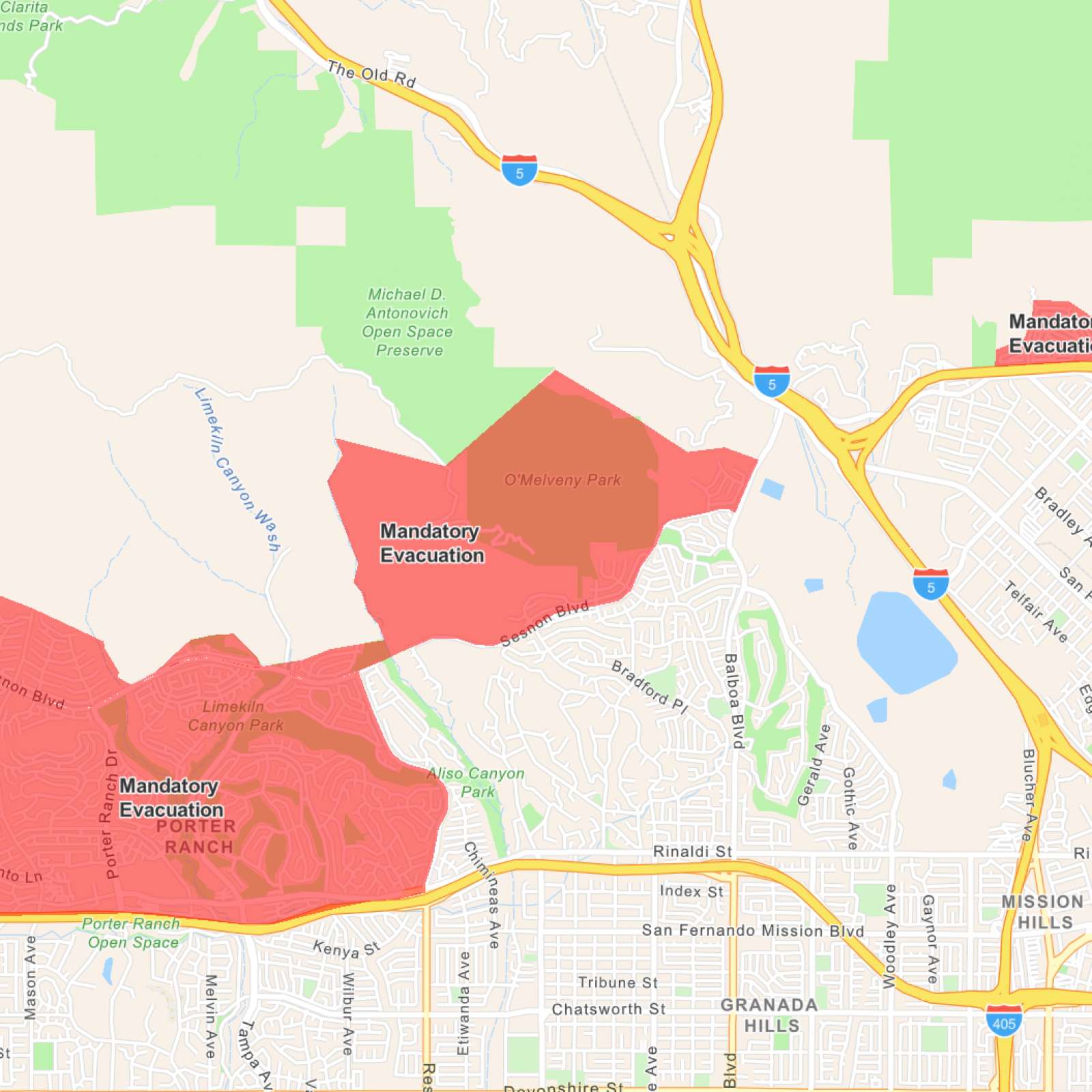Microsoft-Activision Deal: FTC Files Appeal Against Court Ruling

Table of Contents
Understanding the FTC's Opposition to the Microsoft-Activision Deal
The FTC's initial opposition to the Microsoft-Activision merger stemmed from concerns about potential anti-competitive practices and their negative impact on consumers. The commission argued that the deal would significantly reduce competition within the gaming industry, ultimately harming gamers.
- Reduced competition in the gaming console market (Xbox vs. PlayStation): The FTC worried that Microsoft's acquisition of Activision Blizzard would give Xbox an unfair advantage over its main competitor, PlayStation, particularly by leveraging popular Activision Blizzard titles.
- Concerns about exclusive access to popular franchises like Call of Duty: A key concern was the potential for Microsoft to make popular franchises like Call of Duty exclusive to the Xbox ecosystem, disadvantaging PlayStation players and potentially harming competition.
- Potential for higher prices and less innovation in the gaming industry: The FTC argued that reduced competition could lead to higher prices for games and less innovation in the gaming industry as a whole.
- The FTC's argument that Microsoft's market power would be significantly enhanced: The commission believed that this merger would substantially increase Microsoft's market power, allowing them to dictate terms and stifle competition.
Initially, a court ruled in favor of Microsoft, dismissing the FTC's lawsuit. The judge's reasoning centered on the argument that the FTC failed to convincingly demonstrate that the merger would substantially lessen competition.
Key Arguments in the FTC's Appeal
The FTC's appeal challenges the lower court's decision, reiterating its concerns and presenting further arguments. Their central claim is that the court misjudged the potential anti-competitive effects of the merger.
- Alleged errors in the lower court's analysis of the market: The FTC argues that the court's analysis of the relevant market was flawed, failing to adequately account for the dynamic nature of the gaming industry and the increasing importance of cloud gaming.
- Underestimation of the potential anti-competitive effects: The FTC maintains that the court underestimated the potential for Microsoft to leverage its increased market power to harm competitors and consumers.
- Long-term implications of Microsoft controlling Activision's properties: The appeal emphasizes the long-term implications of Microsoft gaining control over Activision Blizzard's valuable intellectual property, including the potential for stifling innovation and limiting consumer choice.
- Specific examples to support their claims: The FTC cites specific instances and evidence to support its claims, aiming to demonstrate the potential anti-competitive effects more convincingly than in the initial case.
Potential Outcomes and Implications of the Appeal
The FTC's appeal presents several potential outcomes, each with significant implications for the gaming industry and the tech sector at large.
-
The FTC winning the appeal: This could result in the deal being blocked entirely, or potentially being significantly altered to address the FTC's concerns, possibly through mandated divestitures.
-
Microsoft winning the appeal: This would allow the acquisition to proceed as planned, solidifying Microsoft's position in the gaming market.
-
Settlement between the FTC and Microsoft: Both parties could reach a settlement agreement, involving concessions from Microsoft to alleviate the FTC's concerns.
-
Impact on the gaming industry: The outcome will dramatically impact the competitive landscape of the gaming industry, influencing console market share, game pricing, and innovation.
-
Effect on competition and consumer prices: The ruling will determine the level of competition in the gaming market and potentially impact the prices consumers pay for games and gaming subscriptions.
-
Implications for future mergers and acquisitions: This case sets a precedent for future mergers and acquisitions in the tech sector, influencing how antitrust regulators approach such deals.
-
Precedent for future antitrust cases: The appeal’s outcome will influence how future antitrust cases are handled, potentially impacting the regulatory landscape for large tech mergers.
The Role of Call of Duty in the Dispute
Call of Duty plays a pivotal role in the FTC’s case and the court’s initial decision. It’s considered a key franchise due to its massive popularity and potential to influence console choices.
- Key franchise status: Call of Duty's widespread popularity makes it a highly sought-after title, significantly impacting console sales and market share.
- FTC concerns about exclusivity: The FTC is particularly concerned about Microsoft potentially making Call of Duty exclusive to Xbox, thereby giving Xbox a substantial advantage over its competitors.
- Microsoft's commitment to multi-platform availability: Microsoft has pledged to keep Call of Duty available on other platforms, a commitment that is central to the ongoing debate.
Conclusion
The FTC's appeal against the court ruling allowing the Microsoft-Activision deal highlights the complex challenges of antitrust regulation in the dynamic tech landscape. The key arguments revolve around potential harm to competition and consumer welfare, particularly concerning the future of Call of Duty and the broader gaming market. The potential outcomes – a blocked merger, a finalized acquisition, or a negotiated settlement – will have far-reaching consequences. This significant case will shape the future of the gaming industry and set a precedent for future antitrust decisions concerning tech mergers. Keep following this space for more updates on the Microsoft-Activision deal and its implications.

Featured Posts
-
 Trump Administration To Slash Another 1 Billion In Harvard Funding Amid Growing Tensions
Apr 22, 2025
Trump Administration To Slash Another 1 Billion In Harvard Funding Amid Growing Tensions
Apr 22, 2025 -
 Access To Birth Control The Impact Of Over The Counter Options Post Roe
Apr 22, 2025
Access To Birth Control The Impact Of Over The Counter Options Post Roe
Apr 22, 2025 -
 Papal Conclaves Explained The Process Of Selecting A New Pope
Apr 22, 2025
Papal Conclaves Explained The Process Of Selecting A New Pope
Apr 22, 2025 -
 Razer Blade 16 2025 Ultra Thin Laptop Performance And Price Analysis
Apr 22, 2025
Razer Blade 16 2025 Ultra Thin Laptop Performance And Price Analysis
Apr 22, 2025 -
 Full List Celebrities Affected By The Palisades Fires In Los Angeles
Apr 22, 2025
Full List Celebrities Affected By The Palisades Fires In Los Angeles
Apr 22, 2025
Latest Posts
-
 Keanu Reeves On John Wick 5 What We Know So Far
May 12, 2025
Keanu Reeves On John Wick 5 What We Know So Far
May 12, 2025 -
 Is A John Wick 5 Return Possible Analyzing Keanu Reeves Characters Death
May 12, 2025
Is A John Wick 5 Return Possible Analyzing Keanu Reeves Characters Death
May 12, 2025 -
 John Wick 5 Reimagining John Wicks Next Mission Beyond The High Table
May 12, 2025
John Wick 5 Reimagining John Wicks Next Mission Beyond The High Table
May 12, 2025 -
 John Wick 5 Beyond The High Table A New Direction For The Baba Yaga
May 12, 2025
John Wick 5 Beyond The High Table A New Direction For The Baba Yaga
May 12, 2025 -
 John Wick 5 Debunking The Myth Of John Wicks Resurrection
May 12, 2025
John Wick 5 Debunking The Myth Of John Wicks Resurrection
May 12, 2025
